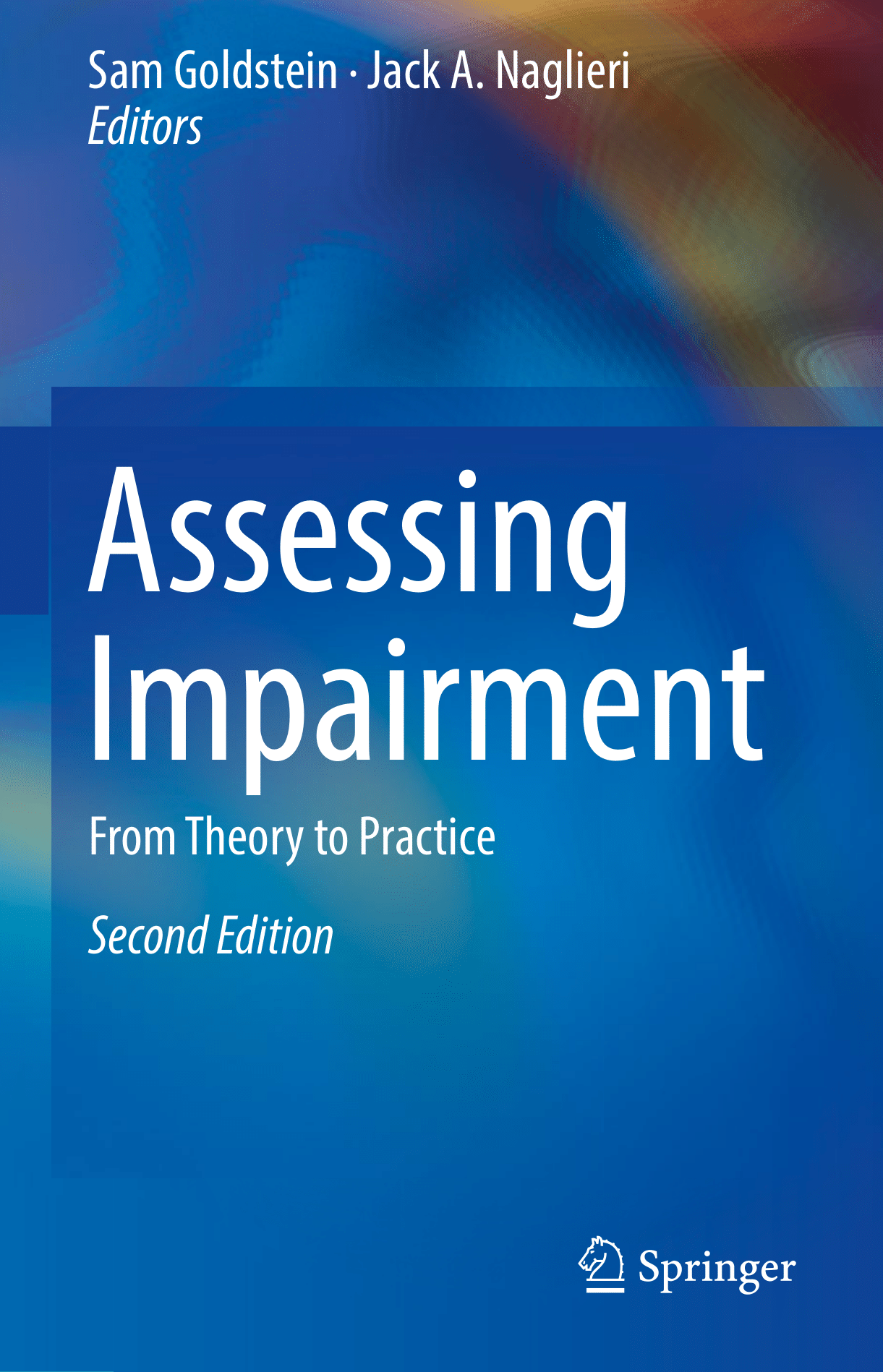Relationships between adaptive behavior and impairment (2016)
Chapter 3 | pp 45 - 70
Citation
Ditterline, J., Oakland, T., McGoldrick, K.D. (2016). Relationships Between Adaptive Behavior and Impairment. In: Goldstein, S., Naglieri, J. (eds) Assessing Impairment. Springer, Boston, MA. https://doi.org/10.1007/978-1-4899-7996-4_3
Abstract
Adaptive behavior generally refers to one’s ability to meet daily living responsibilities and to respond to the needs of others. The American Association on Intellectual and Developmental Disabilities (AAIDD) defines adaptive behavior as “the collection of conceptual, social, and practical skills that have been learned and are performed by people in their everyday lives” (AAIDD, 2010, p. 76). The AAIDD’s 2010 definition cited three primary domains of that constitute adaptive behavior: conceptual skills, social skills, and practical skills. The Diagnostic and Statistical Manual of Mental Disorders (DSM) emphasizes the importance of these domains in its diagnostic criteria for intellectual disability (intellectual developmental disorder) (American Psychiatric Association (APA), 2013).
Copyright
Holder: Springer US
Year: 2016

